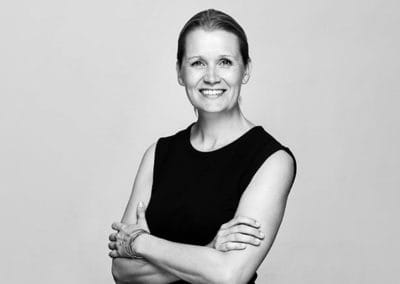I have been contacted by an industry representative . How do I proceed?
The following describes how Inven2 works with private-public sector collaboration agreements and licensing of research data and services on behalf of staff at the hospitals in the South-Eastern Norway Regional Health Authority and at the University of Oslo.
Clarification of areas of responsibility
Staff at the hospitals of the South-Eastern Norway Regional Health Authority
Inven2 manages collaboration agreements, which are entirely or partially funded by industry. We also take care of licensing agreements. Get in touch with us if you have received an enquiry from the industry about a collaboration.
Industry collaboration agreements that do not involve funding are handled by the research administration at the hospitals.
Staff at the University of Oslo
The University of Oslo handles collaboration agreements between staff at the university and the industry, while Inven2 takes care of licensing agreements and collaboration agreements related to Inven2’s projects.
Please get in touch with us if you have any questions. We can assess whether an industry collaboration falls within the area of responsibility of Inven2 or the university. If the collaboration falls into the university’s area of responsibility, you can contact your immediate superior who will be able to further assist you.
We arrange a meeting to draw up the best possible agreement
Inven2 will contact you and arrange a meeting in order to obtain as much information as possible about the planned collaboration. This creates a good basis for our further work on the agreement.
The agenda for the meeting is to go through the following:
- Who are the partners?
- What should the project deliver and who is to deliver it?
- How will the project be funded?
- Which agreements, if any, have already been entered into in connection with the project?
- Will the partners’ intellectual property rights be included in the agreement?
Intellectual property rights include research results, unique expertise, patents etc. - How will future results and intellectual property rights be divided?
- Do the parties wish to publish the work?
Negotiations with industry
Inven2 negotiates an agreement with the industrial partner when we have sufficient information. We do this in collaboration with you as a researcher. All private-public sector collaboration agreements will be unique; they all depend on the type of project and the partners wishes.
It is important for Inven2 to ensure that the agreement is in accordance with relevant regulations and that the rights of both the research institutions and the researchers are secured.
Inven2 strives to have a good and open dialogue with the researcher and the industrial player, before and during the negotiations. The aim is to negotiate a balanced agreement, which lays the foundation for the collaboration.
Financial follow-up
Inven2 is responsible for the financial follow-up of the agreements. This includes invoicing the industry partner in accordance with the agreement and paying the research institution and inventor where applicable.
Licensing of research data or service
Industry could be interested in getting access to research results or unique expertise from academic environments in order to develop commercial products or services. This is realised by the industry entering into licensing agreements or buying data.
Inven2 draws up a licensing agreement that regulates the right to use intellectual property rights commercially and ensures the right to financial compensation. Read more about licensing agreements here.
Are you offering a service, or do you have access to research data that is sought after by industry?
Inven2 would like to get in touch with research groups that offer services or have developed results that could be of interest to industry. We will use our industry network to put researchers in touch with the relevant industry if we see commercial potential.
Examples of what we are looking for:
- Unique and valuable research results/databases
- Unique assays that could be of use to industry players. This could for instance be assays for use in the evaluation and screening of drug candidates, or that could be sold to the research market
- Independently developed research reagents, such as antibodies, cell clones and plasmids
- Independently developed animal models for illness
- Databases related to biobanks

